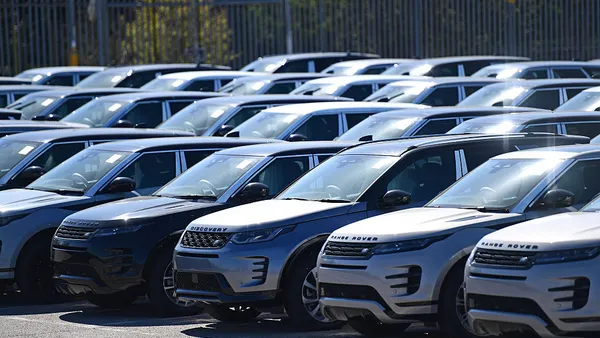Editor's note: This story is part of the WardsAuto digital archive, which may include content that was first published in print, or in different web layouts.
A new vehicle-safety program for countries in the Association of Southeast Asian Nations conducts its first official crash test in Malaysia.
The test of a Honda City provided by Honda Malaysia is the first of seven scheduled by the ASEAN New Car Assessment Program (ASEAN-NCAP). Other vehicles to be tested are the Ford Fiesta, Hyundai i10, Nissan March, Perodua MyVi, Proton Saga and Toyota Vios.
Each vehicle will undergo a frontal-offset crash test at 40 mph (64 km/h) at a purpose-built crash-test facility in Malacca. Following assessment of structural performance and injury data obtained from dummy occupants, ASEAN-NCAP will award each vehicle a safety star rating.
Test results will be available in 2013.
Honda Malaysia Managing Director and CEO Yoichiro Ueno says the auto maker’s participation in the crash-test program is part of its long-term commitment toward advanced safety technologies in its vehicles.
“The study of ASEAN-NCAP is to elevate motor vehicle safety standards in Malaysia and to standardize the safety ratings among all manufacturers in the Malaysian market,” Ueno says.
The creation of ASEAN-NCAP is one of the key objectives of Global NCAP to expand new-car assessment programs into emerging markets as part of the United Nations’ Decade of Action for Road Safety running to 2020.
As part of the U.N. program, the Australasian New Car Assessment Program (ANCAP) helped establish ASEAN-NCAP by providing technical and program support and advice to ensure the ASEAN program follows protocols and procedures that will provide meaningful, accurate, repeatable and reliable test results.
“This first test is a step towards improving road safety in the ASEAN region,” ANCAP CEO Nicholas Clarke says in a statement.
“Over 100,000 lives are lost each year as a result of road fatalities in ASEAN countries, and with the rapid increase in motorization in this region, the situation will only worsen unless action is taken.
“The results yielded by ASEAN-NCAP testing will raise consumer awareness in the region and ensure motor-vehicle safety standards are elevated.”
Clarke says road fatalities in developed countries generally are decreasing but are on the rise across the ASEAN region. “We're already seeing this new ASEAN test program put pressure on manufacturers to supply safer vehicles,” he says.
ASEAN-NCAP is administered by the Malaysian Institute of Road Safety Research with the support of Global NCAP, ANCAP and the automobile associations of ASEAN countries.











